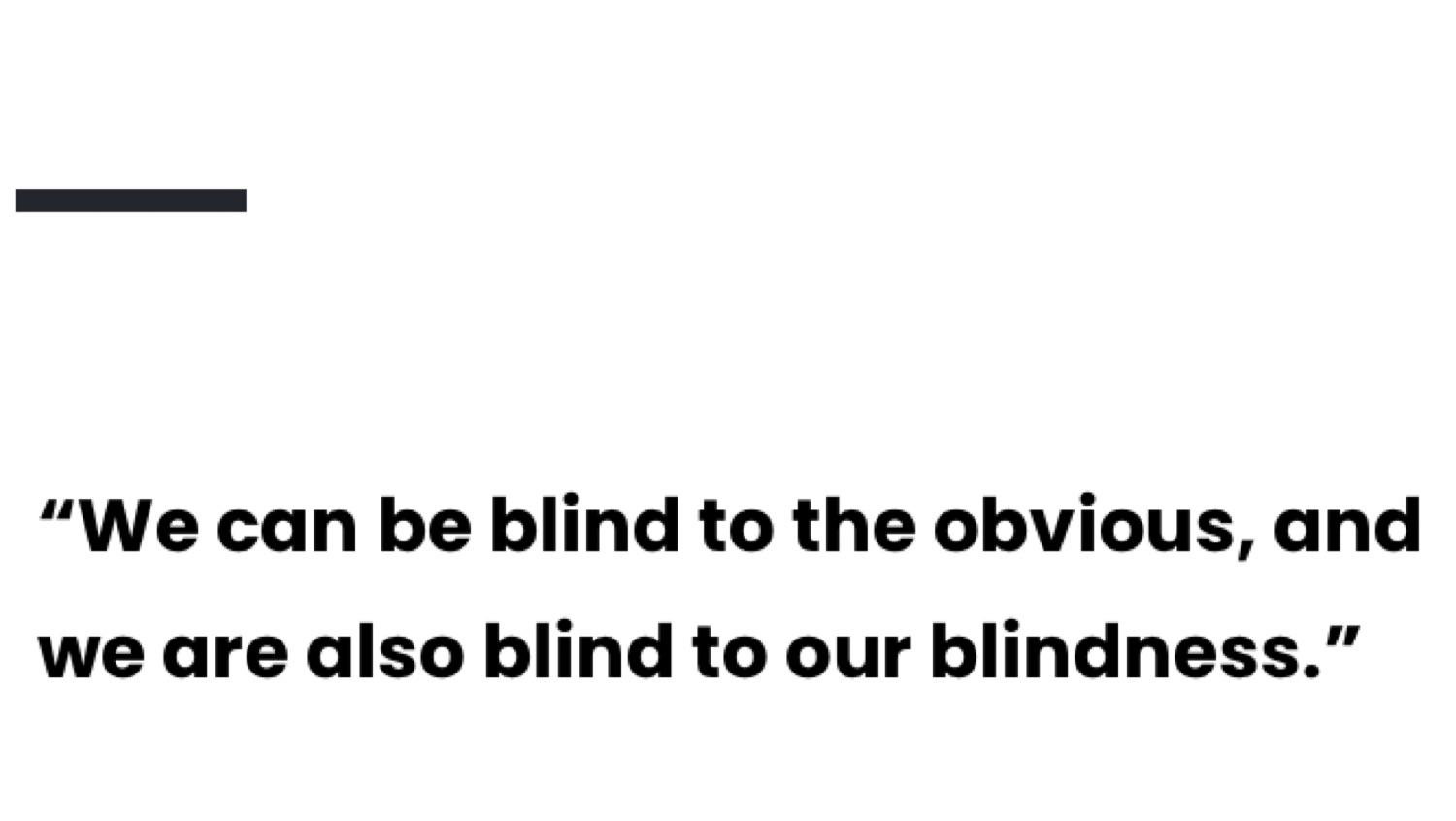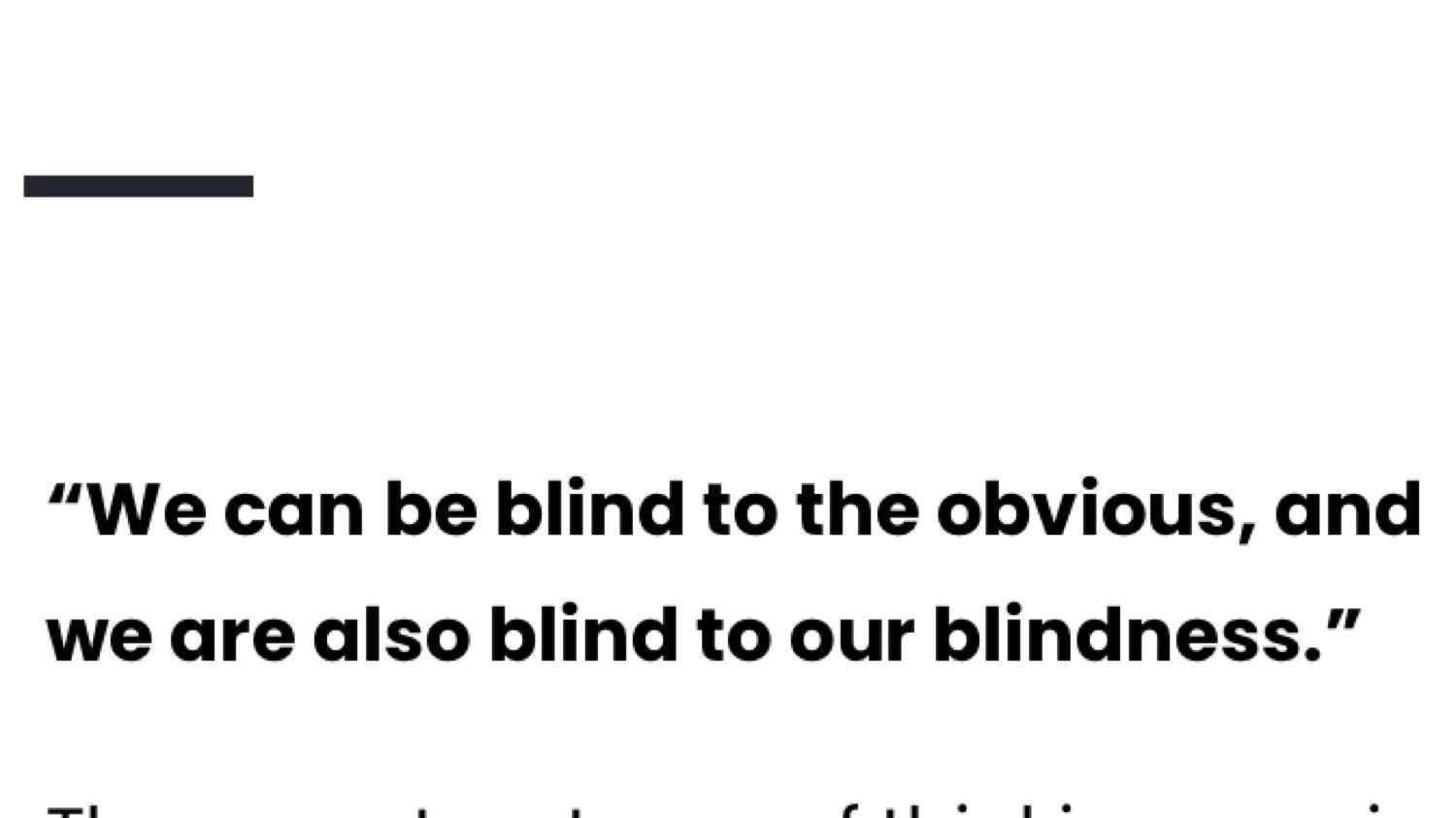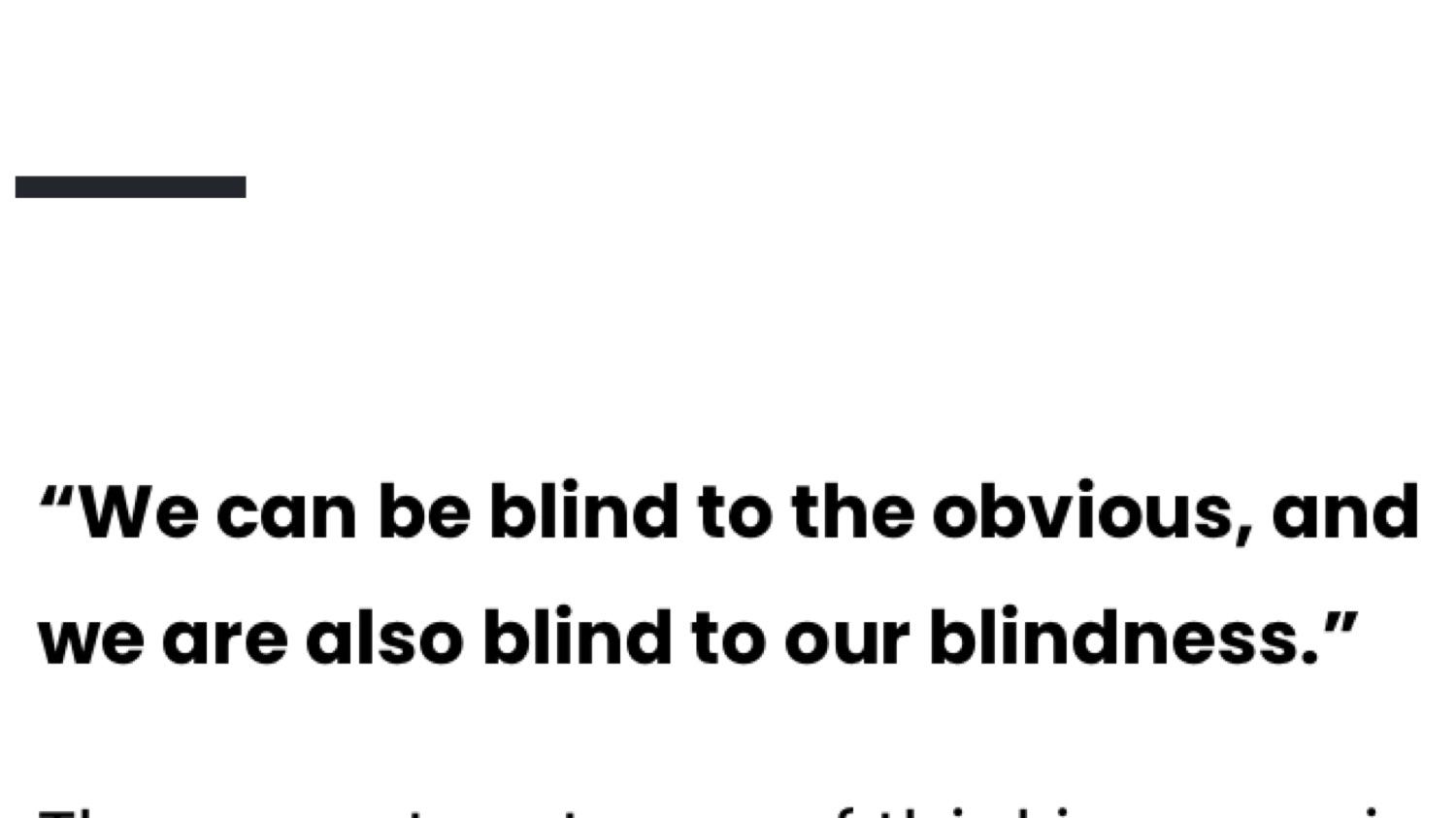Gilgalad Toram's Key Ideas from Thinking, Fast and Slow
by Daniel Kahneman
Ideas, facts & insights covering these topics:
4 ideas
·1.61K reads
16
Explore the World's Best Ideas
Join today and uncover 100+ curated journeys from 50+ topics. Unlock access to our mobile app with extensive features.
The Characters Of The Story
There are two types of thinking, one is fast and the other is slow. Each type of thinking is its own system with individual abilities, limitations, and functions. The main difference between the two is that fast thinking requires little to no effort to operate, whereas a conscious effort is necessary for slow thinking to work. For example, you would use fast thinking to solve the problem “2 + 2 = ?” and slow thinking to fill out a tax form.
19
468 reads
This distinction becomes very important when we realize that attention is not unlimited, and when you go beyond the budget you have, you will fail. This is why you can only do multiple things at once when they are relatively easy and undemanding tasks, such as speaking to a passenger while driving on an empty road. However, you would not attempt to have a conversation while making a turn onto a busy road as you need to focus your attention on driving.
14
418 reads
While your two types of thinking often split the labor between themselves well, they can clash when an automatic reaction (fast thinking) comes into conflict with an intention to control it (slow thinking). A universal example of this is trying not to stare at an oddly dressed couple in the same room as you. Sometimes, these clashes are caused by cognitive illusions. An example is experiencing a strong attraction towards someone with a history that forms a negative pattern. The good news is, these illusions can be overcome.
15
364 reads
Learn to identify if someone is interested.
1. Learn what dilated pupils mean. When your pupils are dilated, it means that you have focused your attention on something and find it interesting; maybe you are looking at an attractive person or even trying to solve a difficult math problem.
2. Learn what constricted pupils mean.
When your pupils are constricted, it means you aren’t all that interested in what you are looking at; maybe you are looking at an average-looking person, or the math problem you were trying to solve was too difficult and you have given up.
16
365 reads
IDEAS CURATED BY
Curious about different takes? Check out our Thinking, Fast and Slow Summary book page to explore multiple unique summaries written by Deepstash users.
Gilgalad Toram's ideas are part of this journey:
Learn more about books with this collection
Basic survival skills
How to prioritize needs in survival situations
How to adapt to extreme situations
Related collections
Different Perspectives Curated by Others from Thinking, Fast and Slow
Curious about different takes? Check out our book page to explore multiple unique summaries written by Deepstash curators:
16 ideas
Talha Mumtaz ✔️'s Key Ideas from Thinking, Fast and Slow
Daniel Kahneman
1 idea
madhumita mahali's Key Ideas from Thinking, Fast and Slow
Daniel Kahneman
4 ideas
Sherlock Holmes's Key Ideas from Thinking, Fast and Slow
Daniel Kahneman
Discover Key Ideas from Books on Similar Topics
Read & Learn
20x Faster
without
deepstash
with
deepstash
with
deepstash
Personalized microlearning
—
100+ Learning Journeys
—
Access to 200,000+ ideas
—
Access to the mobile app
—
Unlimited idea saving
—
—
Unlimited history
—
—
Unlimited listening to ideas
—
—
Downloading & offline access
—
—
Supercharge your mind with one idea per day
Enter your email and spend 1 minute every day to learn something new.
I agree to receive email updates


